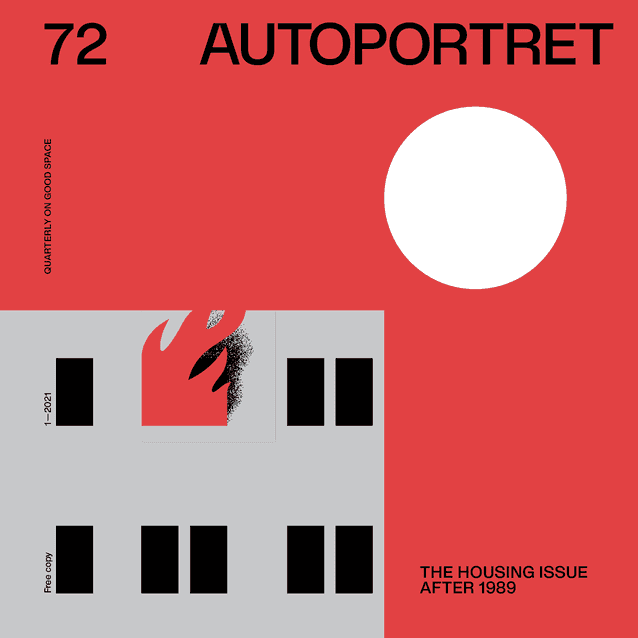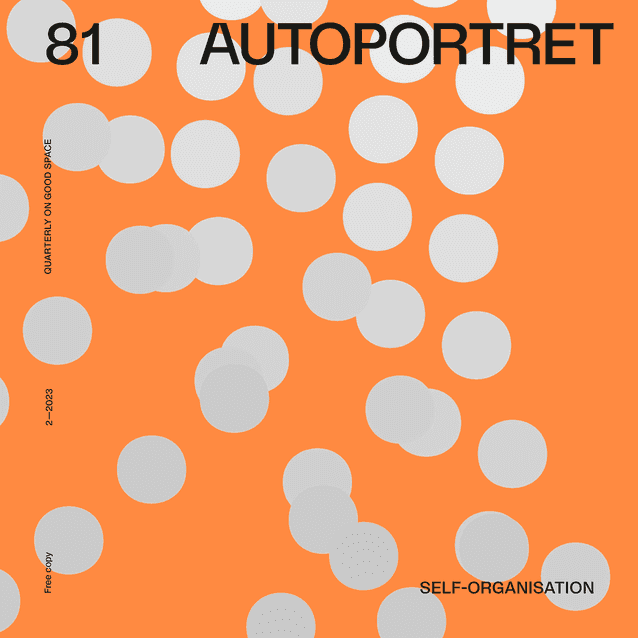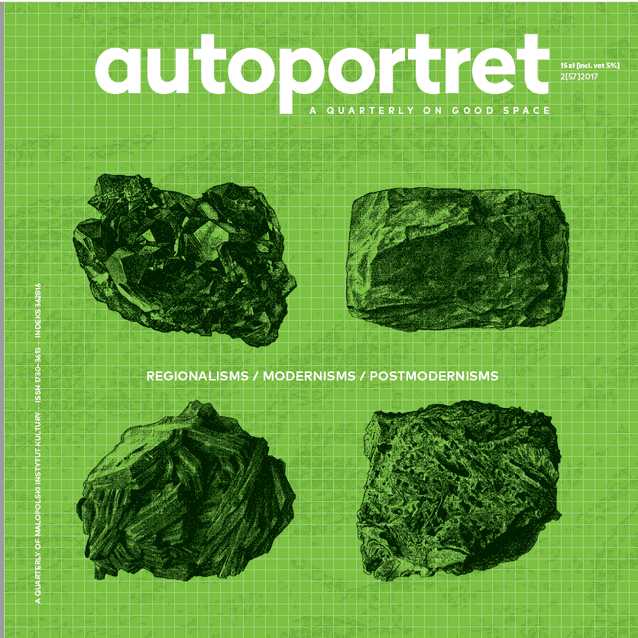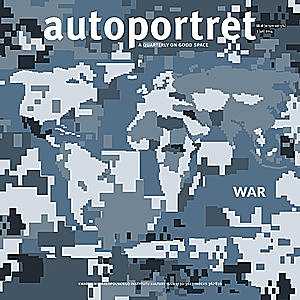We are pleased to inform you that the English version of the issue of the „Autoportret” quarterly entitled Regionalisms/Modernisms/Postmodernisms is ready for download Autoportret 2[57] 2017 [PDF]
The issue is published with the financial support of International Visegrad Fund

This issue of “Autoportret” is devoted to the subject of regionalisms in architecture without nostalgia and rhetorics of return to (hard to defined) sources. In regionalism understood as a tendency potentially present in any historic period, what interests us is not the backward looking ideology of “authenticity”, but the progressive potential hidden in the creative inspiration in vernacular culture. More than looking at the national regional puzzles from the turn of 19th and 20th century we analyse the role played by tradition and inspiration of region found in architecture and art of modernism, both when it comes to conscious choices of the artists and those imposed to them by the historic and political circumstances. However, being aware that the line of division between the constructing identity and its creative potential of the region is very thin, we also dwell upon mostly the functionality, organic aspects and inventiveness of the out coming works.
One of the main assumptions in working on the present issue, which we gave the working title of Regionalisms, was a desire to look at trends pertaining to the region without nostalgia or the rhetoric of returning to the harmonious (as we project it) past. We have gradually embraced modernisms and postmodernisms, and incorporated them into the title – we wished to show the creative potential inherent in the inspiration with a native (despite the limitations of that denomination) tradition
and place.
Dialogue with the perception of modernity is, after all, crucial to the debate on the potential for creating regional architecture today, while modernism itself has had many regional variations, and has often developed from strictly local conditions and circumstances. Postmodernism – despite sanctioning a return to tradition and history and reviving an interest in the region – often reduced the latter to a number of perfectly trivial gestures, decoration, and scenography. Subscribing to the phenomenological approach to the postmodernist trend, we find Kenneth Frampton’s views, expressed in his now classic essay on architecture as a resistance movement against globalization, on the role of climate and place; as well as Juhani Pallasmaa’s understanding of tradition, his critique of the obsession with novelty, and his reading of architecture in terms of existential experience.
When we deal with the unique experience of architecture and human perception in the phenomenological sense – at that very moment – the global, social and economic perspectives seem to disappear. The abstract system does not fit into the field of the direct language of multi-sensory experience, but at the same time, undoubtedly it does not cease to impact on and alter the lives of individuals. The unifying narrative of modernization, globalization and the Internet actively transforms reality – including the spatial reality – of communities large and small.
Among authors for this issue are:
Ákos Moravánszky on the regionalism as a manner of perception or development strategy,
Juhani Pallasmaa on the role of tradition in architectural practise,
Jana Tichá on regional specifics of Czech postmodernism,
Kamila Twardowska on modernist regional interpretation of Juliusz Żórawski’s theory in the design of church in the Tatra mountains,
Daniela Majzlanova and Martin Varga on regional traces in Slovakian modernism,
Maciej Miłobędzki on the specifics of architectural school in Kraków and Warsaw with reference to postmodern vernacular in urban-planning,
Jarosław Szewczyk on all sorts of regionalism (as a chameleon),
Tullia Iori, Sergio Poretti on regional features and conditions of fascist architecture in Italy,
Kenneth Frampton – a classical text on critical regionalism as a vital architectural strategy.
Partners:
KÉK – Kortárs Építészeti Központ
www.kek.org.hu
Archimera
www.archimera.sk
Zlatý řez
www.zlatyrez.cz
DIFFERENT – OBČIANSKE ZDRUŽENIE
The issue is published with the financial support of International Visegrad Fund





